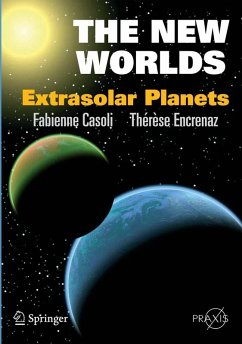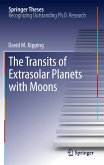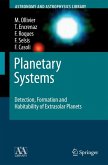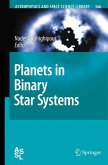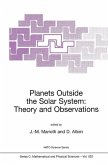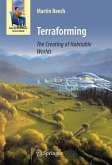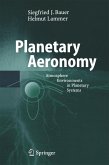The detection and exploration of extrasolar planets is one of the most exciting and fast moving areas of astronomical research at the present time. With over forty research programmes ongoing, and just as many planned, the search for these new worlds has become the main objective for a new generation of giant ground-based telescopes as well as many future space missions. Experimental methods and observational techniques are pushing existing instruments to their limits. The most exciting possibility offered by this research is the discovery of Earth-like extrasolar planets, with a mass comparable to that of Earth, located at the right distance from its star to host liquid water - in other words, a place where life could evolve. The authors tackle this challenging field of research by first looking at early searches for extrasolar planets, the very first discoveries and the observational techniques involved. They then examine the very wide range of extrasolar planets that have been discovered during the past ten years and look at what we can learn about such planets by studying the bodies in our own solar system. The formation of planetary systems, the way in which such systems may evolve and the final systems of planets that result are then discussed. Finally Drs Casoli and Encrenaz examine the possibilities for life on extrasolar planets, again using our own solar system as a model, and look to the plans for future extrasolar planet searches. A number of Appendices summarise the extrasolar planet discoveries to date. TOC:Preface.- Extrasolar Planets: The Quest of Astronomers.- The Quest for Exoplanets.- Ten Years of Discoveries.- What we learn from our Solar System.- The Formation of Planetary Systems.- Life in the Universe.- Future Projects.- Appendices.
Dieser Download kann aus rechtlichen Gründen nur mit Rechnungsadresse in A, B, BG, CY, CZ, D, DK, EW, E, FIN, F, GR, HR, H, IRL, I, LT, L, LR, M, NL, PL, P, R, S, SLO, SK ausgeliefert werden.

